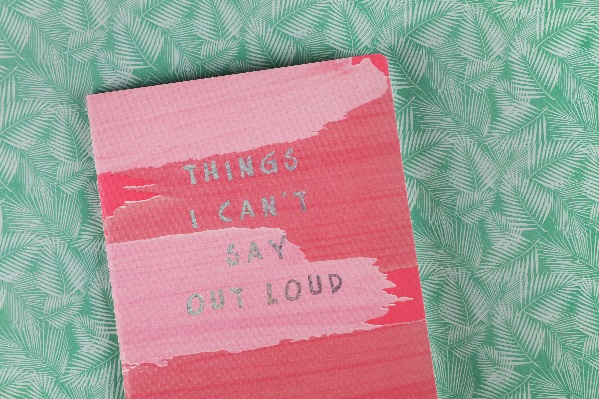How can we help our students without enabling them?
When we do something students or families could do themselves, when we change rules or time expectations repeatedly, or when we exhaust ourselves personalizing assignments, we are often viewed as “helpful” or “compassionate”. But does our help serve to empower our students and families to be more responsible in the future or has our kindness merely delayed the timeframe of learning responsibility, thus causing them more difficulty in the long-run?
When we enable another, it comes from our own need to feel good in the moment.
This personal and collective need for approval reduces our self-worth and denies the other the incredible opportunity to learn natural consequences. In trying to ease their pain and make ourselves feel better, we are inadvertently taking away the very experience which would help them make more positive choices and empower themselves to shift their reality.
Enabling often feels great in the moment, but it creates difficult effects in the long-term.
When we diminish our own energy in order to help someone else shine, we disturb the natural balance inherent in all things. If this pattern of unbalanced power persists, it creates selfish or narcissistic behaviors in the receiver and physical and emotional exhaustion in the giver. Does this sound familiar to you? Are you and your colleagues rewarded when you enable your students, offering them short-term fixes which you provide?
Reflection Questions:
- Why do we chose to enable? What are the feelings we receive when we enable our students or over-give?
- What can we do to replace the feelings we get when we over-give or enable?
- What patterns of enablement do you see in the population of students you teach? What are ways you can be compassionate and empowering instead?
- What patterns of enablement are present in your students’ families?How can you help parents to understand and begin to change their beliefs?





